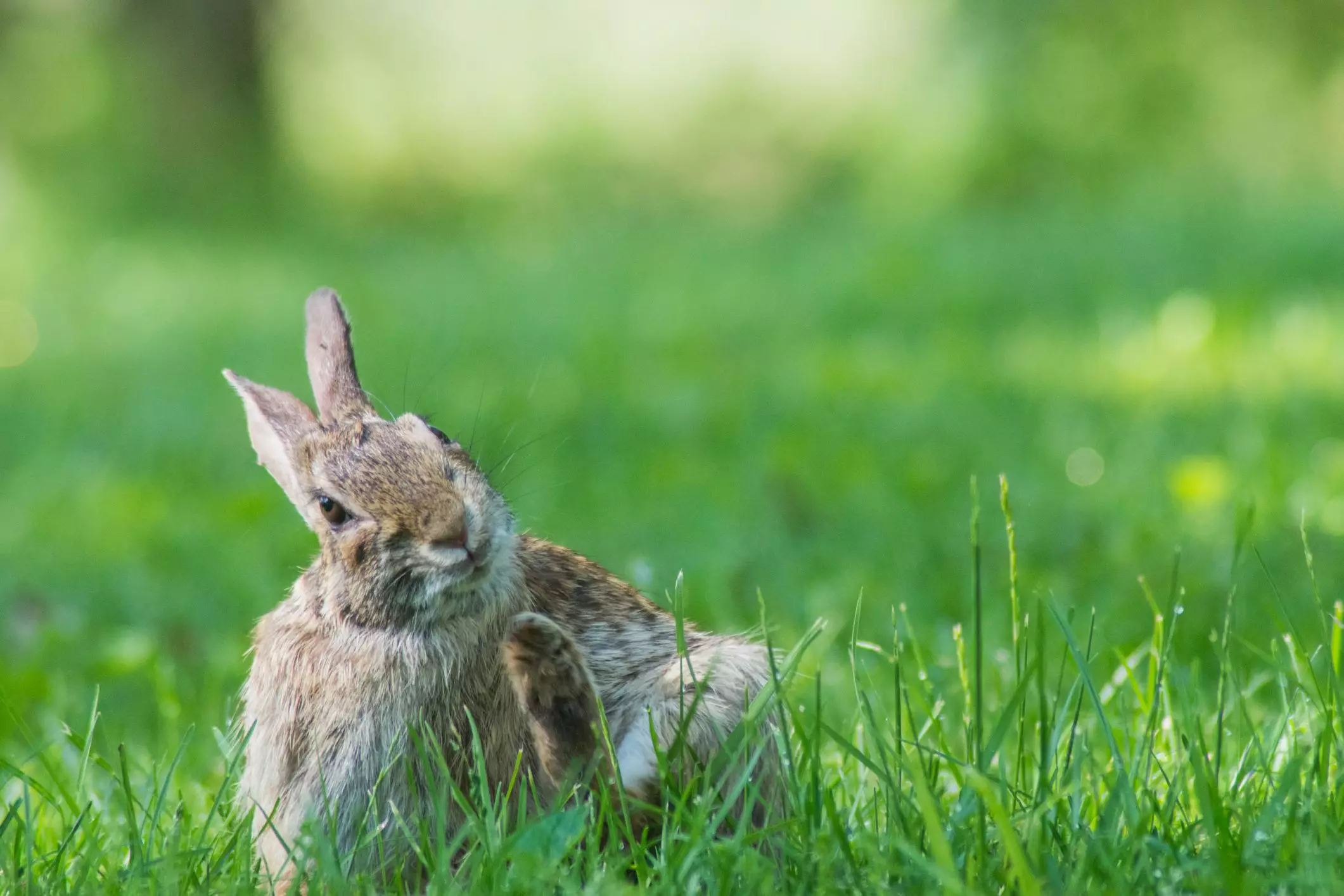Rabbits, beloved companions known for their gentle nature, should ideally have a life free from discomfort. One common yet troubling issue that many rabbit owners encounter is excessive itching and scratching, a condition that is not simply annoying—it can indicate underlying health problems that need urgent attention. This article explores the potential causes of itching in rabbits and offers solutions to restore their comfort and well-being.
Itching in rabbits, clinically referred to as pruritus, can stem from various sources. The most frequent culprits are parasites, such as mites, fleas, and lice, but dry skin, allergies, and infections can also lead to this distressing behavior. It is essential for rabbit owners to understand that persistent itching is not normal. When a rabbit constantly scratches, it could potentially be experiencing significant discomfort or pain, pointing toward a variety of health issues that require prompt veterinary care.
One particularly troublesome parasite is the Cheyletiella parasitivorax mite, commonly known as the fur mite. These microscopic pests burrow into a rabbit’s fur and feed on its blood, leading to intense itching. Often nicknamed “walking dandruff,” these mites can quickly multiply and spread not only to the rabbit’s entire body but also to its living environment and other pets. Even rabbits that do not venture outside can become infested through bedding or food that has been contaminated.
Contrary to popular belief, rabbits can get fleas, despite being predominantly indoor pets. Fleas are yet another parasite that causes significant itching. Female fleas can reproduce at an alarming rate, laying dozens of eggs daily, leading to potential infestations that may be largely unnoticed until it’s too late. It is crucial for pet owners to use a flea comb to detect fleas or flea dirt, the waste products of these blood-sucking parasites. Knowing the signs of infestation is vital for proactive treatment; flea dirt can be identified by its reddish hue when moistened.
Beyond parasites, dry skin is another cause of itching that pet rabbits often experience. Various environmental factors contribute to dry skin, including low humidity, exposed dust, poor nutritional intake, or even over-bathing. All these instances call for close monitoring of the environments in which rabbits live. Identifying the cause of dry skin is necessary for reversing the condition—consulting a veterinarian for a rabbit-safe moisturizing spray can also provide temporary relief.
Moreover, rabbits can suffer from allergies, usually triggered by external environmental factors rather than food. Common allergens may include specific types of litter, dust, or cleaning products used in the home. Thus, if a rabbit shows signs of allergy, adjustments in the immediate living environment can often alleviate symptoms, improving their quality of life.
Ear mites, scientifically known as Psoroptes cuniculi, are another source of itching that can significantly affect rabbits. These pests are known for causing irritation and discomfort in the ears, often leading to hair loss and scabs. Symptoms may include noticeable head tilting or intense ear shaking, and upon observing these behaviors, it is important to seek veterinary guidance promptly.
Another serious concern is ringworm, a fungal infection caused by Trichophyton mentagrophytes and Microsporum canis. This infection manifests as red, itchy lesions and can lead to hair loss and intense discomfort in affected rabbits. Importantly, ringworm is transmittable to humans, making early detection and treatment imperative to prevent widespread infection.
The road to alleviating itching in rabbits starts with isolation and sanitation. Proper cleaning of the living space and diligent personal hygiene can prevent the spread of parasites. For instance, if fur mites are diagnosed, all bedding and food items can be frozen to eliminate any potential infestation before use.
Veterinary consultation is paramount when dealing with any suspected conditions. The vet may prescribe effective medications, such as Selamectin for mite infestations, while encouraging the use of rabbit-safe topical ointments or sprays for immediate relief.
Preventative measures are equally vital. Routine examinations of your rabbit’s fur can help identify problems early on. Keeping the environment clean, using appropriate bathing products, and ensuring a balanced diet will help maintain rabbit health. Moreover, treating other pets in the household for fleas and minimizing contact with potentially infected animals can contribute to overall well-being.
In sum, the health of our pet rabbits hinges on attentive care and swift action when issues like itching arise. Understanding potential causes—from parasites and dry skin to allergies and infections—allows owners to take proactive measures to alleviate discomfort. Regular veterinary consultations position owners to address health problems effectively, ensuring that their cherished companions remain healthy, happy, and itch-free. Ultimately, maintaining a clean and safe environment bolsters both prevention and treatment, leading to better lives for our beloved rabbits.

